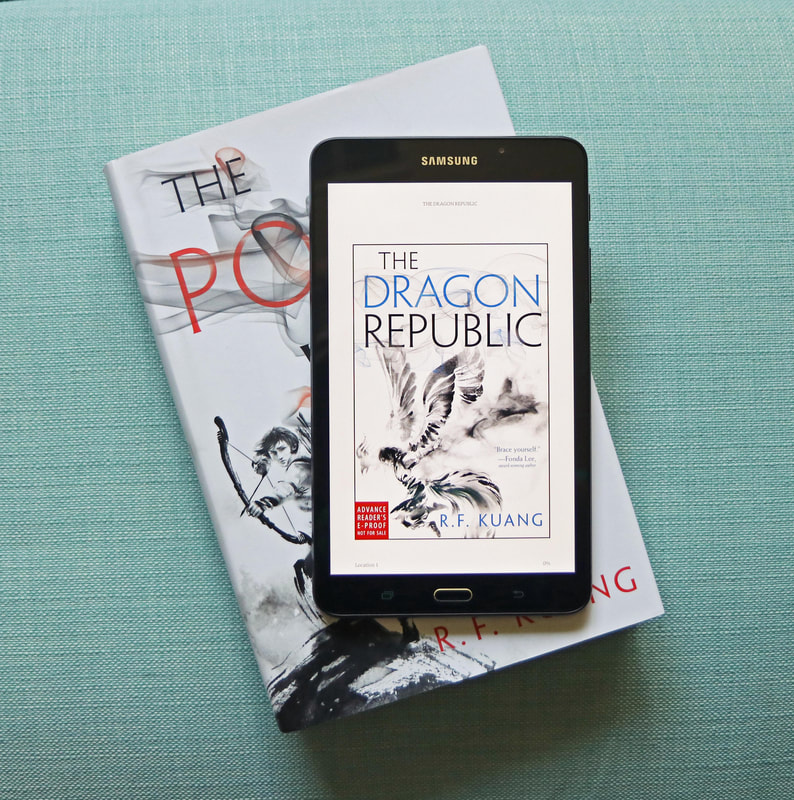

One can’t help but compare Athena, the author that dies at the beginning of the novel, to Kuang herself: She is a young, Ivy-League-educated, Chinese-American female author who got her first book deal in college, writes about the Asian diaspora through a historical lens, and raves about her books on Instagram - many qualities reflected in Kuang herself. The positive aspects of “Yellowface,” however, can be overshadowed by the novel’s not-so-subtle connections to its author. It feels impossible to put “Yellowface” down as its twisting plot unfolds.

It also mirrors the rapidity of public opinion and outrage, both of which play significant roles in the novel’s plot. This allows the reader to fly through the novel’s pages as if it were a particularly engrossing Twitter thread.

Through fast-paced dialogue, June’s racing inner thoughts, and nonstop anxiety-inducing plot twists, Kuang’s prose mimics the constant streams of content that flood social media feeds. While the novel discusses heavy topics, it moves at an incredibly engaging speed. Kuang doesn’t refrain from holding publishing houses accountable for their treatment of writers of color, and “Yellowface” explores an underbelly of the writing world that few acknowledge. Kuang clearly demonstrates sides of the book world that readers often choose to ignore, including how publishing houses see authors of color only through the lens of diversity, the ways in which the industry normalizes casual racism, and the various excuses that white authors make for insensitivity and ignorance. In the novel, readers see authors of color forced by their publishing houses to write stories only about their experiences as minorities, and white authors complaining that authors of color are just trendy instead of talented. It offers up an important analysis of the publishing world, which tramples authors underfoot and tokenizes minorities. “Yellowface” deftly deals with serious, pressing topics. “Yellowface” is a fast-paced and biting commentary on racism, white privilege, and the publishing world’s evils, but it fails to reach its full potential due to its lack of narrative subtlety. The book then follows the anxiety-inducing ways that June tries to hide and then justify her theft.

Following Athena’s untimely death, June steals her manuscript and attempts to build up her career through Athena’s work. “Yellowface” follows white author June Hayward and her friend Athena Liu, a Chinese-American author who has been working on a book about Chinese laborers in World War I. Kuang’s latest book, “Yellowface,” delves into what happens when one strays from this golden rule. The first rule that one learns in college is quite simple: Don’t steal work from others.


 0 kommentar(er)
0 kommentar(er)
